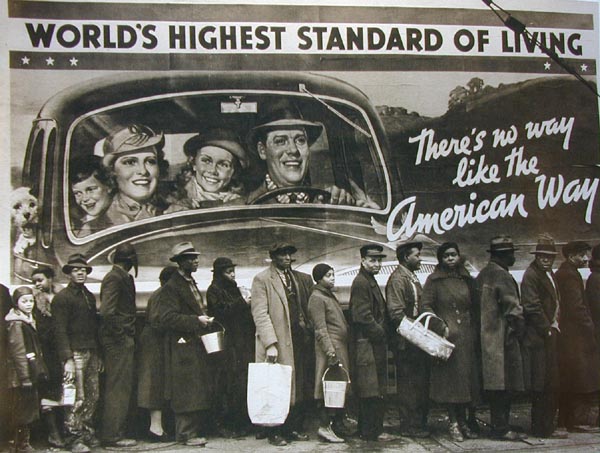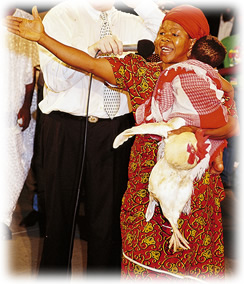| | | Top Discussion Stories
 | A Modest Proposal
Read the op-ed by John Coyne on how to expand and revitalize the NPCA and what you can do to help. |
 | Peace Corps Charter
Read about the new Peace Corps bill going through Congress. Compare the Senate and House versions of the bill here. |
 | A Volunteer's Courage
After Sara Evans was assaulted she left the Peace Corps and returned to the United States. But her ordeal was only beginning. |
 | The Fourth Goal
Read about Sargent Shriver's Fourth Goal for the Peace Corps. His original speech at Yale about the Peace Corps in the 21st Century is here. |
 | The Numbers Game
Double the Peace Corps - but maintain the quality of the programs and the volunteer experience. |
 | Improvements needed
...in Volunteer services. Read our exclusive story on what needs to be done to support volunteers and reduce attrition rates. |
 | The Lariam Files
Read about the anti-malarial drug thousands of volunteers have taken - and its potential side effects. |
 | Accountability
Senator Norm Coleman is a strong supporter of Bush's full $359M budget request but wants greater accountability from the Peace Corps. Read why. |
 | Protest at the Peace Corps
Do volunteers and staff retain first amendment rights while working in the Peace Corps. Join the discussion. |
 | RPCVs organize
Read how 1,800 RPCVs organized to place two half-page ads in the New York Times. |
 | PC is "truly hardcore"
A Marine Sergeant visited his daughter who is serving in Nicaragua. Read what he says about the Peace Corps. |
 | RPCVs honor Vaughn
Returned Volunteers met to honor and listen to the wisdom of Peace Corps legend Jack Vaughn. |
|




